5-Oxopyrrolidine-2-carboxylic acid
Modify Date: 2024-01-02 06:14:50
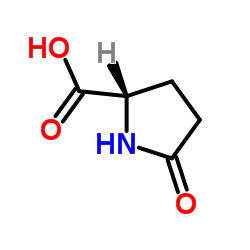
5-Oxopyrrolidine-2-carboxylic acid structure
|
Common Name | 5-Oxopyrrolidine-2-carboxylic acid | ||
|---|---|---|---|---|
| CAS Number | 149-87-1 | Molecular Weight | 129.114 | |
| Density | 1.4±0.1 g/cm3 | Boiling Point | 453.1±38.0 °C at 760 mmHg | |
| Molecular Formula | C5H7NO3 | Melting Point | 180-185ºC | |
| MSDS | Chinese USA | Flash Point | 227.8±26.8 °C | |
| Symbol |

GHS07 |
Signal Word | Warning | |
| Purity | Quantity | Budget | Inquiry |
|---|
Use of 5-Oxopyrrolidine-2-carboxylic acidDL-Pyroglutamic acid (CAE) as an inactivator of hepatitis B surface, inactivates vaccinia virus, herpes simplex virus, and influenza virus except poliovirus. DL-Pyroglutamic acid is also a possible inhibitor of GABA transaminase, increases GABA amount with antiepileptic action[1][2]. |
| Name | 5-oxoproline |
|---|---|
| Synonym | More Synonyms |
| Description | DL-Pyroglutamic acid (CAE) as an inactivator of hepatitis B surface, inactivates vaccinia virus, herpes simplex virus, and influenza virus except poliovirus. DL-Pyroglutamic acid is also a possible inhibitor of GABA transaminase, increases GABA amount with antiepileptic action[1][2]. |
|---|---|
| Related Catalog | |
| In Vitro | DL-Pyroglutamic acid results 50 and 100% inactivation of the antigen of 0.01-0.025% and 0.025-0.05%, respectively[1]. DL-Pyroglutamic acid is a possible glutamate antagonist, blocks glutamate miniature-end-plate potential in locust muscle-Druce and Bradford[2]. |
| In Vivo | DL-Pyroglutamic acid (0.775 mM/L) completely abolishes the myoclonic jerks and EEG spikes in rats model of epileptic by cobalt implantation in the sensorimotor cerebral cortex[2]. |
| References |
| Density | 1.4±0.1 g/cm3 |
|---|---|
| Boiling Point | 453.1±38.0 °C at 760 mmHg |
| Melting Point | 180-185ºC |
| Molecular Formula | C5H7NO3 |
| Molecular Weight | 129.114 |
| Flash Point | 227.8±26.8 °C |
| Exact Mass | 129.042587 |
| PSA | 66.40000 |
| LogP | -2.39 |
| Vapour Pressure | 0.0±2.4 mmHg at 25°C |
| Index of Refraction | 1.512 |
| Water Solubility | 5.67 g/100 mL (20 ºC) |
| Symbol |

GHS07 |
|---|---|
| Signal Word | Warning |
| Hazard Statements | H302-H315-H319-H335 |
| Precautionary Statements | P261-P305 + P351 + P338 |
| Personal Protective Equipment | dust mask type N95 (US);Eyeshields;Gloves |
| Hazard Codes | Xi:Irritant; |
| Risk Phrases | R36/37/38 |
| Safety Phrases | S26-S37/39 |
| RIDADR | NONH for all modes of transport |
| WGK Germany | 3 |
| HS Code | 29337900 |
| HS Code | 2933790090 |
|---|---|
| Summary | 2933790090. other lactams. VAT:17.0%. Tax rebate rate:9.0%. . MFN tariff:9.0%. General tariff:20.0% |
|
Comparison of capillary electrophoresis-mass spectrometry and hydrophilic interaction chromatography-mass spectrometry for anionic metabolic profiling of urine.
Talanta 132 , 1-7, (2014) In order to assess the utility of a recently developed capillary electrophoresis-mass spectrometry (CE-MS) method for the study of anionic metabolites in urine, a comparison was made with hydrophilic ... |
| MFCD00064322 |
| L-Pidolic acid |
| H-DL-Pyr-OH |
| DL-2-Pyrrolidone-5-carboxylic acid |
| (S)-(-)-2-pyrrolidone-5-carboxylic acid |
| Ajidew A 100 |
| Pyrrolidonecarboxylic acid |
| (S)-(-)-γ-Butyrolactam-γ-carboxylic acid |
| PyroGlu |
| L-Proline, 5-oxo- |
| 5-Oxopyrrolidine-2-carboxylic Acid |
| Pyroglutamic acid |
| 2H-Pyrrole-2-carboxylic acid, 3,4-dihydro-5-hydroxy-, (2S)- |
| L-5-Oxoproline |
| DL-Pyroglutamic acid |
| (S)-(−)-Pyroglutamic acid |
| a-Aminoglutaric Acid Lactam |
| 5-oxo-proline |
| (S)-(−)-2-Pyrrolidone-5-carboxylic acid |
| (-)-Pyroglutamic acid |
| L-Glutamic Acid g-Lactam |
| 5-Oxo-L-proline |
| 5-Pyrrolidinone-2-carboxylic acid |
| D,l-2-Pyrrolidone-5-Carboxylic Acid |
| Proline, 5-oxo-, L- |
| PCA |
| Glutamic Acid Lactam |
| 2-L-Pyrrolidone-5-carboxylic acid |
| pidolic acid |
| EINECS 205-748-3 |
| (2S)-5-Hydroxy-3,4-dihydro-2H-pyrrole-2-carboxylic acid |
| DL-Glutamic Acid Lactam |
| 5-L-oxoproline |
| 2-Pyrrolidone-5-carboxylic acid |
| (S)-(-)-g-Butyrolactam-g-carboxylic Acid |
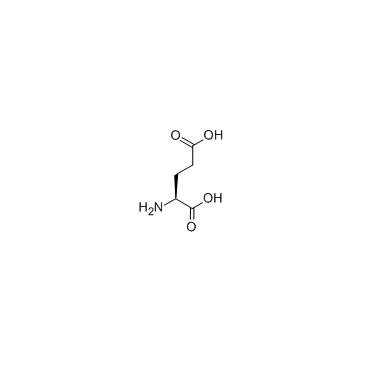 CAS#:56-86-0
CAS#:56-86-0![3-[3-((allyloxy)carbonyl)-5-oxo-1,3-oxazolan-4-yl]propanoic acid Structure](https://image.chemsrc.com/caspic/069/138965-46-5.png) CAS#:138965-46-5
CAS#:138965-46-5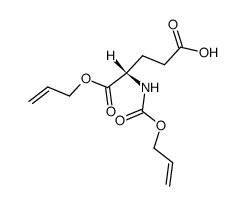 CAS#:91871-28-2
CAS#:91871-28-2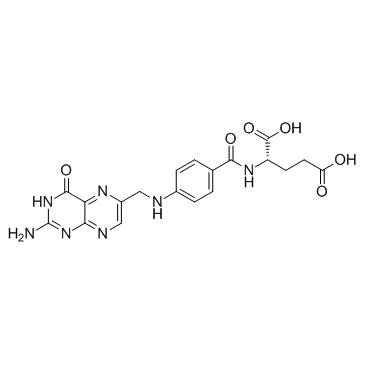 CAS#:59-30-3
CAS#:59-30-3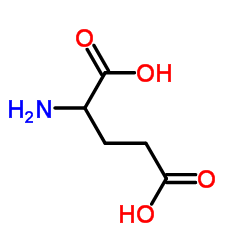 CAS#:617-65-2
CAS#:617-65-2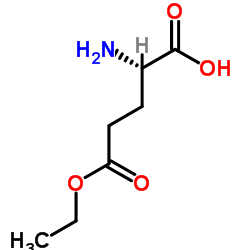 CAS#:1119-33-1
CAS#:1119-33-1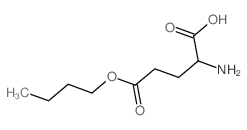 CAS#:7391-23-3
CAS#:7391-23-3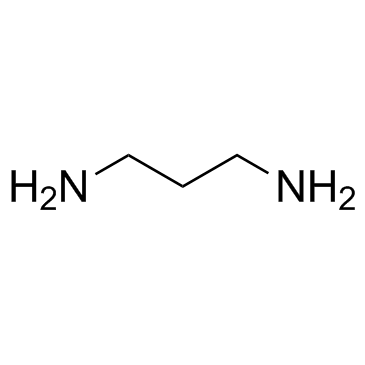 CAS#:109-76-2
CAS#:109-76-2 CAS#:3312-60-5
CAS#:3312-60-5 CAS#:4931-70-8
CAS#:4931-70-8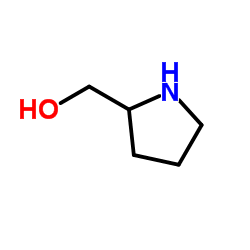 CAS#:498-63-5
CAS#:498-63-5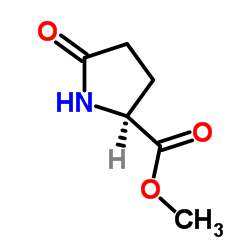 CAS#:4931-66-2
CAS#:4931-66-2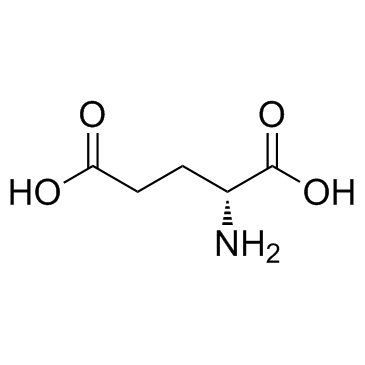 CAS#:6893-26-1
CAS#:6893-26-1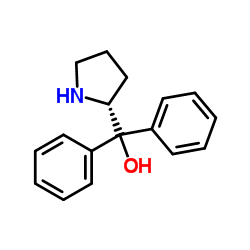 CAS#:22348-32-9
CAS#:22348-32-9 CAS#:63853-74-7
CAS#:63853-74-7 CAS#:190783-99-4
CAS#:190783-99-4 CAS#:16395-57-6
CAS#:16395-57-6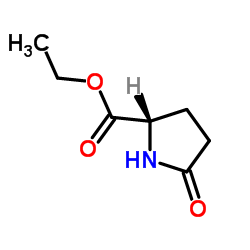 CAS#:66183-71-9
CAS#:66183-71-9
